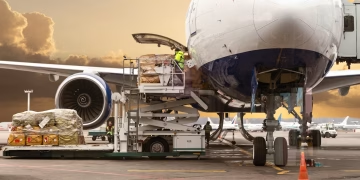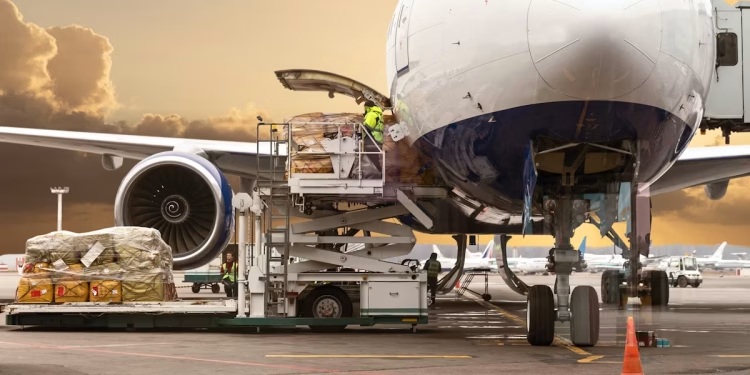By Maria Kalamatas | July 2, 2025
Geneva — The world isn’t standing still, but it certainly feels like it in parts of the global supply chain. Sea routes are rerouted, ports are congested, and trade diplomacy is as tense as ever. And yet, air freight — often seen as the luxury option — is not just staying afloat. It’s moving ahead.
According to the International Air Transport Association, global air cargo volumes in May were up 2.2% compared to the same time last year. That may not sound like much, but in this climate, it’s a sign of something deeper.
“These are not normal times,” said Elena Fischer, who manages international operations at a mid-sized freight brokerage in Hamburg. “When volumes go up despite pressure from all sides, that’s not momentum — that’s intention. Shippers are choosing air for a reason.”
A Quiet Shift in Strategy
Much of the uptick is coming from Asia and the Middle East, where exporters are adjusting quickly to shifts in consumer behavior and tightening regulations. Many are moving high-value goods by air to avoid the growing unpredictability on maritime routes.
Meanwhile, airlines in Europe are focused less on volume and more on precision — prioritizing scheduled reliability and specialized cargo like electronics and temperature-sensitive goods.
Cheaper Fuel, Better Margins
One factor helping the cause? Fuel prices. Down nearly 19% compared to April, lower jet fuel costs have made it easier for carriers to keep prices stable — and, more importantly, predictable.
“We’re not looking to undercut the market,” said Rachid Benmoussa, commercial lead for a North African carrier with new cargo operations in Dubai. “But when fuel drops, we can maintain service without pushing extra fees onto our clients. That keeps people coming back.”
No Longer a Last Resort
For years, air freight was treated as a fallback — the Plan B when ships were late or factories over-promised. Now, that mindset is changing. More companies are building air freight into their logistics planning from the start, not as an emergency escape route, but as a way to stay flexible in a changing world.
“There’s something to be said for knowing your cargo will land within 24 hours,” Fischer added. “In our business, that kind of certainty is worth the premium.”























